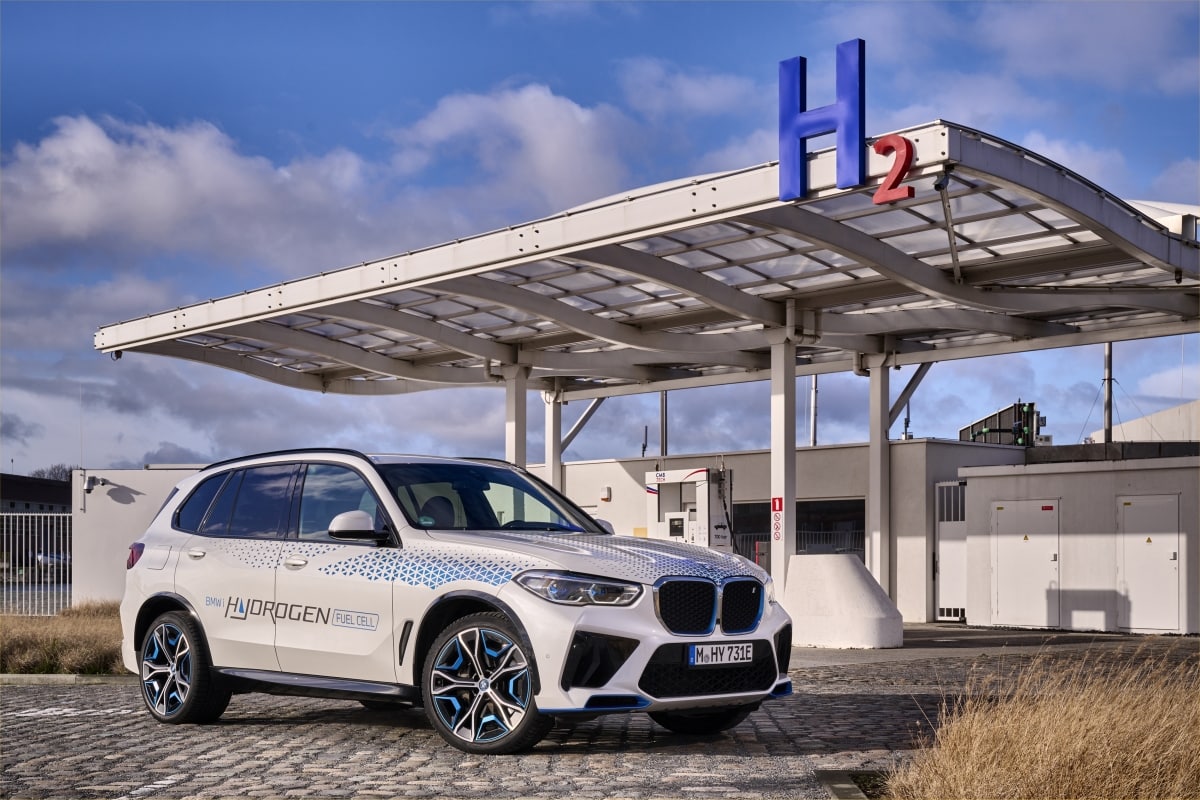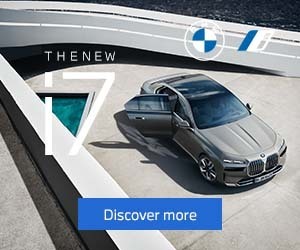BMW launches new hydrogen pilot scheme in Belgium with iX5 fuel cell car fleet

Battery-electric has undoubtedly become the dominant clean car technology, but BMW has not given up on the hydrogen alternative. The automaker has this week launched a new pilot Hydrogen-electric scheme in Antwerp, Belgium, using a fleet of adapted iX5 models.
The latest programme has been under development for four years, and will involve a fleet of nearly 100 vehicles for demonstration and trial purposes.
“Hydrogen is a versatile energy source that has a key role to play in the energy transition process and therefore in climate protection. It is one of the most efficient ways of storing and transporting renewable energies,” said BMW AG Chairman Oliver Zipse.
“We should use this potential to also accelerate the transformation of the mobility sector. Hydrogen is the missing piece in the jigsaw when it comes to emission-free mobility. One technology on its own will not be enough to enable climate-neutral mobility worldwide.”
The BMW iX5 Hydrogen is a version of the current BMW X5. It was unveiled as a concept at the Frankfurt show in 2019. It uses hydrogen fuel cells to give a usable range of around 313 miles on a full tank of hydrogen.
The BMW Group produces the fuel cell systems for the pilot fleet at its in-house competence centre for hydrogen in Munich, though it sources the individual fuel cells from Toyota through a partnership on fuel cell drive systems that started in 2013.
The fuel cells power a fifth-generation BMW eDrive electric motor, transmission and power electronics mounted on the rear axle, giving maximum output of 401hp.
The hydrogen needed to supply the fuel cell is stored in two 700-bar tanks made of carbon-fibre reinforced plastic (CFRP). Filling up the hydrogen tanks only takes three to four minutes.
BMW believes hydrogen can become a further long-term technology option, alongside battery-electric mobility. But this will depend on competitive production of sufficient quantities of hydrogen from green power, as well as expansion of the filling infrastructure.
So far, hydrogen has been slow to catch on in the UK, with only Toyota and Hyundai offering models. Last year Shell removed its three hydrogen filling stations at Gatwick airport, Cobham and Beaconsfield services, due to low demand.


